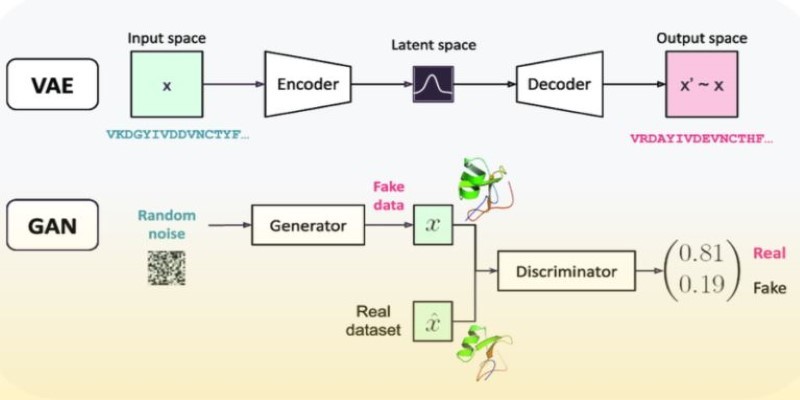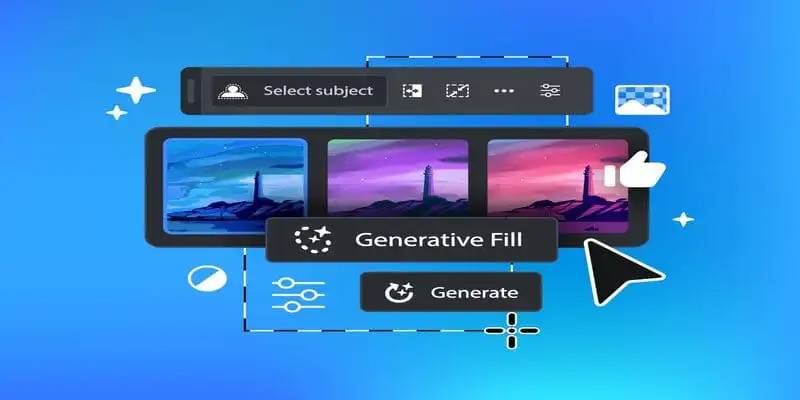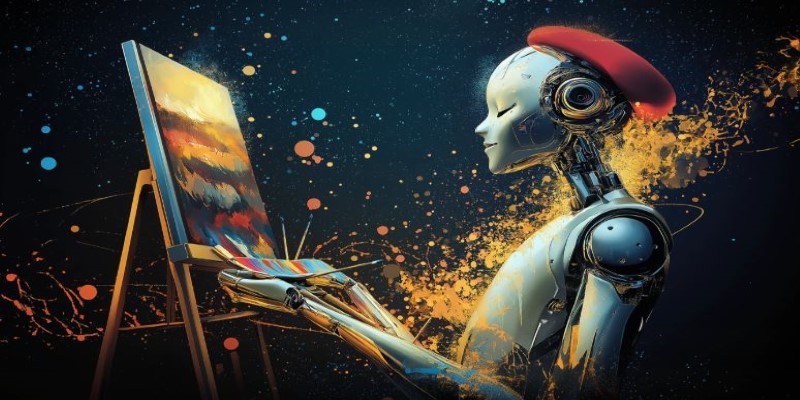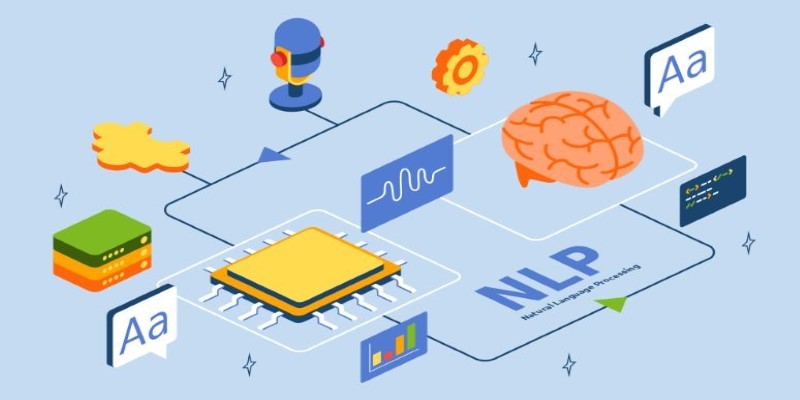The process of making and improving music is changing because of artificial intelligence (AI). Tools with AI are making it easier for artists, producers, and engineers to do their jobs faster by helping them write songs and improve sound quality. AI has made it easier for people to make music, so artists can try out new sounds and improve their recordings more precisely.
AI is not a solution for creative people. It's more like a helper that makes hard things easier, like writing songs, mixing audio, and mastering. AI automates tasks that need to be done over and over again so artists can focus on being creative while still meeting high production standards.
AI in Composing Songs
AI is capable of composing music by analyzing vast amounts of musical data. It studies different melodies, chord progressions, and rhythms from various genres to create original compositions.
AI-Assisted Melody Generation
AI can make melodies based on what other people have said about different types of music. AI listens to different kinds of music and helps you find harmonies, bass lines, and drum patterns that work well with a tune. Many artists and producers who are having trouble coming up with new songs find it useful.
Lyric Writing with AI
Song lyrics can also be written with the help of AI-powered tools. AI can propose words and phrases based on musical styles, themes, and emotions by looking at big sets of lyrics. To be creative and emotionally deep, human input is still needed. However, AI can help artists come up with ideas faster.
Customizing Music Styles
Modifying existing tracks is one way that AI lets artists make music in different styles. AI can make compositions that fit any genre, like jazz, pop, electronic, or classical. It makes it easy to try out new sounds by matching the genre.
AI in Sound Quality Enhancement
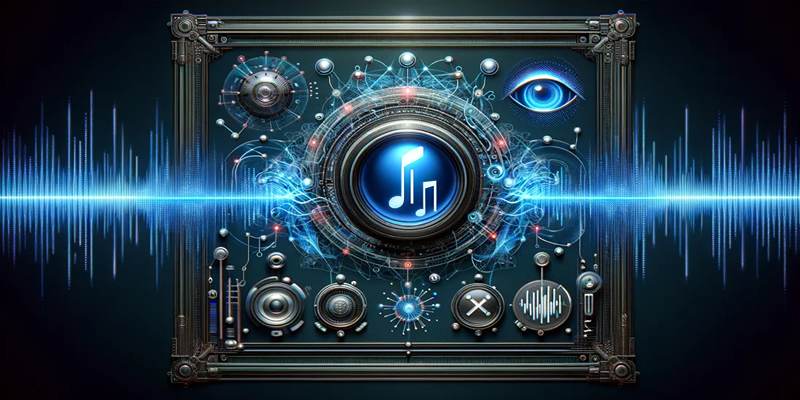
Sound quality is a crucial aspect of music production. AI-driven tools help in improving sound quality by eliminating noise, balancing frequencies, and optimizing audio clarity.
Noise Reduction and Audio Cleaning
AI algorithms can detect and remove background noise from recordings. It is particularly useful for live recordings and vocal tracks, where unwanted sounds such as clicks and hisses can be distracting.
Automated Audio Mastering
AI helps musicians achieve professional-quality sound by automating the mastering process. The AI software analyzes the frequency balance, adjusts compression levels, and applies equalization to enhance audio clarity. It ensures that tracks sound is polished across different playback devices.
Enhancing Vocals and Instrumental Tracks
AI can separate vocals from instrumentals, adjust pitch, and refine tonal quality. It allows for better mixing and remixing of tracks, making music production more efficient.
AI in Music Production and Mixing
Music production involves multiple steps, from recording to post-production. AI assists in automating various tasks, making the process smoother and more efficient.
AI-Assisted Mixing
Mixing is the process of blending multiple sound elements into a cohesive track. AI-powered tools can analyze individual tracks and automatically adjust volume levels, panning, and effects to create a balanced mix.
Automating Repetitive Tasks
AI eliminates the need for manual adjustments by learning from past mixes and applying similar settings to new tracks. It saves time and allows producers to focus on creativity rather than technical adjustments.
Instrument Balancing and Sound Design
AI can detect inconsistencies in sound levels and ensure that each instrument is properly balanced within a track. By suggesting optimal settings, AI helps producers achieve professional-grade audio quality.
AI in Music Restoration and Remastering
AI is also being used to restore and remaster old music recordings. Many classic tracks have been improved using AI-powered enhancement tools.
Restoring Old Recordings
AI can clean up old recordings by reducing background noise and improving audio clarity. It helps preserve historical music and allows older tracks to be enjoyed with better sound quality.
Enhancing Live Performance Recordings
Live recordings often contain background noise and sound distortions. AI can analyze these recordings and make necessary adjustments to enhance clarity and balance.
Remastering for Modern Audio Standards
AI helps update older recordings to match modern sound standards, making them more suitable for today’s streaming platforms and digital playback systems.
AI in Personalized Music Recommendation
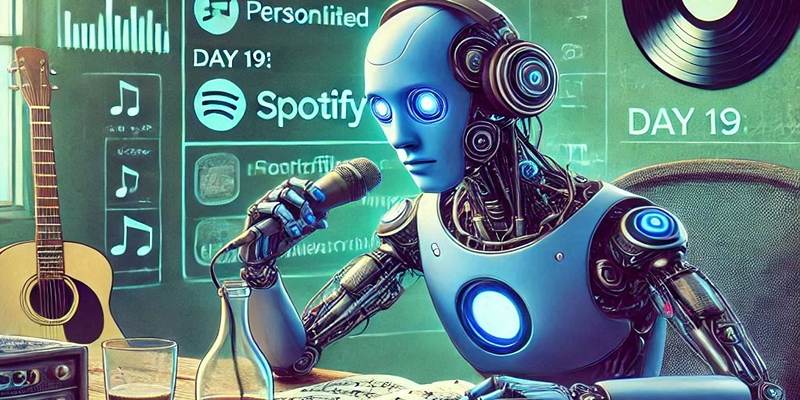
AI is widely used in music streaming platforms to provide personalized listening experiences. By analyzing user preferences, AI suggests songs that match individual tastes.
AI-Based Playlists
Streaming platforms use AI algorithms to create playlists based on a listener’s past music choices. These AI-generated playlists help users discover new music that aligns with their interests.
Adaptive Music Selection
AI adjusts music recommendations in real time based on listening habits, mood, and even time of day. It makes it easier for users to find music that suits their current environment.
Automatic Genre Classification
AI categorizes music based on genre, tempo, and mood, improving searchability and organization for listeners and content creators alike.
Challenges of AI in Music
Despite its advantages, AI in music also comes with challenges and limitations.
Lack of Human Creativity
While AI can compose music, it lacks the emotional depth and creativity that human musicians bring to compositions. AI-generated music often follows patterns and lacks the unique artistic expression found in human-created songs.
Ethical and Copyright Concerns
AI-generated music raises questions about ownership and intellectual property rights. If a song is composed by AI, who owns the rights? These concerns require clear guidelines and regulations to ensure fair use.
Conclusion
AI is playing a major role in the music industry by composing songs and enhancing sound quality. It helps musicians generate melodies, automate production processes, and improve audio clarity. With AI-driven tools, artists and producers can work more efficiently and achieve high-quality results. However, AI cannot replace the creativity, emotions, and originality that human musicians bring to their work. Instead, AI serves as a valuable assistant, helping to streamline workflows and enhance the music production process.

